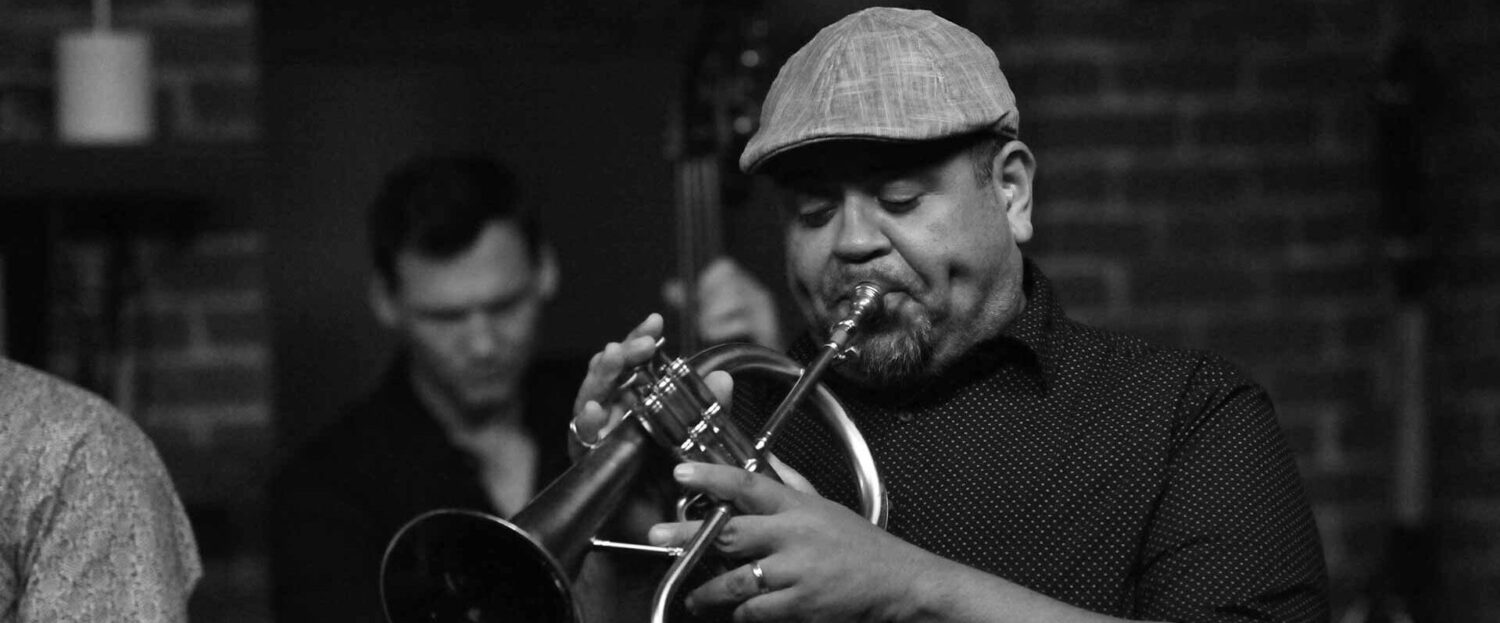
The world is undergoing a profound transformation, whether we accept it or not. The far-right is establishing itself firmly across the globe, and the reasons for this phenomenon are manifold. Indeed, when the monetary gap between the richest and the poorest widens dramatically, and the middle class begins to resemble the working class of the past, an entire system is called into question. This questioning often begins with a societal lament: “What is the point of pursuing education for this?”
Faced with such realizations, it becomes alarmingly easy for ill-intentioned politicians to exploit themes of security and to designate “the other,” the foreigner, as the source of all societal woes. Europe, once again, offers a grim illustration of this pattern, where vilifying immigrants and blaming the underprivileged for society’s ills has, in certain states, become a national sport over the past six years. This narrative has been normalized by the very apex of political leadership in these nations.
It cannot be emphasized enough: culture—particularly general knowledge, critical thinking, and the cultivation of reflective habits—is what enables individuals to stand tall against the tide of human folly. In this regard, education remains one of humanity’s greatest assets. It is in schools that minds are shaped, prepared to navigate life’s complexities, where a capacity for analysis and discernment is fostered to make sense of winding and uncertain paths.
Some European countries exemplify the dangers of authoritarian systems leaning toward the far-right. In such systems, little value is placed on education and culture. Over the past fifty years, student performance has deteriorated dramatically, particularly in areas like linguistic proficiency and the ability to engage with complex texts at a university level. These declines are symptomatic of decades of underfunding, where education, culture, and public services have been left in a state of near-abandonment.
Such systems inevitably foster a climate of insecurity, one in which it becomes all too easy to disseminate the most absurd ideas to a population increasingly unable to discern right from wrong, truth from falsehood, or illusion from reality. Today, many countries find themselves described by this scenario. In Europe, one might also question the reliability of the press, much of which is owned by industrialists entangled with political power, irrespective of ideology. These media conglomerates, functioning as de facto lobbies, wield significant influence within the European community.
To understand the direction in which the world is heading, it is crucial to avoid reactive judgments and instead take the time to listen, read, and reflect. Between the lines of the language crafted to obfuscate and mislead, citizens must learn to decode and analyze the potential consequences and implications of every word and decision. This alone makes the pursuit of education indispensable. Systems that undermine culture do so because culture broadens the mind, fosters diversity, and nurtures critical thought. It is no coincidence that authoritarian regimes invariably target culture first, fully aware that dissent invariably arises from enlightened minds.
Thierry De Clemensat
Editor in chief


